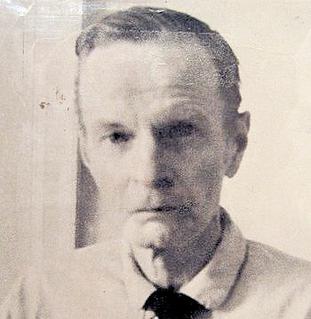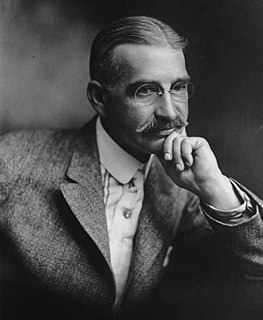A Quote by Andre Breton
To reduce the imagination to a state of slavery --even though it would mean the elimination of what is commonly called happiness --is to betray all sense of absolute justice within oneself. Imagination alone offers me some intimation of what can be.
Related Quotes
The mere word freedom is the only one that still excites me. I deem it capable of indefinitely sustaining the old human fanaticism. It doubtless satisfies my only legitimate aspiration. Among all the many misfortunes to which we are heir, it is only fair to admit that we are allowed the greatest degree of freedom of thought. It is up to us not to misuse it. To reduce the imagination to a state of slavery-even though it would mean the elimination of what is commonly called happiness-is to betray all sense of absolute justice within oneself.
To reach only for that which pleasantly enchants you is the least of imagination, if even imagination at all, by the obvious reality of remaining within your means. The greater of imagination is parallel to risk. It extends beyond your comfort zone or haven, or sense of beauty, or what you personally believe suits you in exploration of what may not.
Henry Corbin creates the world - most of all his examination of the imagination and what the imagination was for him. Some philosophers would think of the imagination as a synthetic ability, how you put different things together. Artists more think of the imagination as creativity. So I really like the way that he presents the imagination as a faculty that allows one to experience worlds that are not exactly physical but are real nonetheless.
Want of imagination makes things unreal enough to be destroyed. By imagination I mean knowledge and love. I mean compassion. People of power kill children, the old send the young to die, because they have no imagination. They have power. Can you have power and imagination at the same time? Can you kill people you don’t know and have compassion for them at the same time?
The concept (of happiness) is universal. In Buddhism, it is called causeless joy, in Christianity, the kingdom of heaven within, and in Judaism it is called ashrei, an inner sense of holiness and health. Is Islam it is called falah, happiness and well-being, and in Hinduism it is called ananda, or pure bliss.
Why do people resist [engines, bridges, and cities] so? They are symbols and products of the imagination, which is the force that ensures justice and historical momentum in an imperfect world, because without imagination we would not have the wherewithal to challenge certainty, and we could never rise above ourselves.





































